
Every Newborn – Simplified Measurement Integrating Longitudinal Neuro Development and Growth (EN-SMILING)
- Overview
- Events
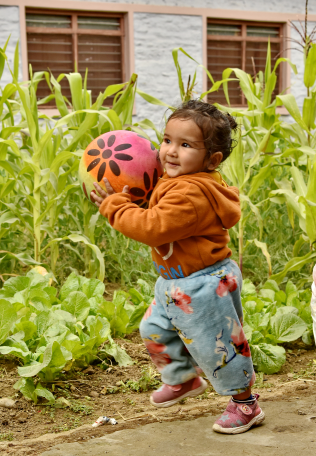 In low- and middle-income countries, there has been a noticeable decline in mortality rates among children under 5 years old, a trend expected to continue. However, it is estimated that over 200 million children in these countries have developmental delays or disabilities, highlighting the need for their recognition and inclusion in all health practices and planning. Consequently, the focus has shifted from reducing child mortality rates to improving health and developmental outcomes in childhood. While newborn and early child health present opportunities for early detection and intervention, current approaches to measuring early childhood development (ECD) are often too complex, costly, and time-consuming. Additionally, although basic interventions may improve newborn survival, their impact on ECD outcomes remains poorly understood. ENSMILING aims to address this issue by designing a simplified ECD measurement approach for children from birth to age 5, potentially enabling earlier identification of developmental delays and improved access to evidence-based early intervention.
In low- and middle-income countries, there has been a noticeable decline in mortality rates among children under 5 years old, a trend expected to continue. However, it is estimated that over 200 million children in these countries have developmental delays or disabilities, highlighting the need for their recognition and inclusion in all health practices and planning. Consequently, the focus has shifted from reducing child mortality rates to improving health and developmental outcomes in childhood. While newborn and early child health present opportunities for early detection and intervention, current approaches to measuring early childhood development (ECD) are often too complex, costly, and time-consuming. Additionally, although basic interventions may improve newborn survival, their impact on ECD outcomes remains poorly understood. ENSMILING aims to address this issue by designing a simplified ECD measurement approach for children from birth to age 5, potentially enabling earlier identification of developmental delays and improved access to evidence-based early intervention.
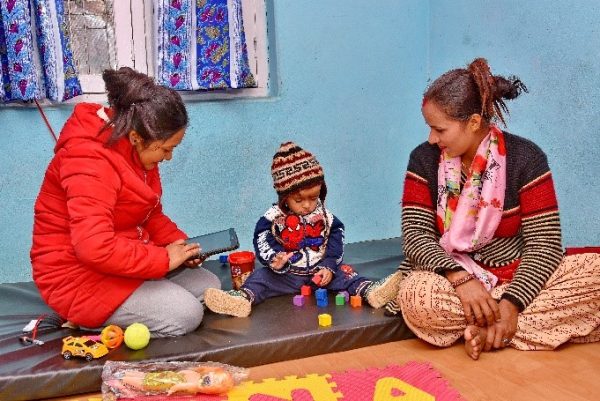 EN-SMILING builds on the research of EN-BIRTH, a multi-country observational study led by the London School of Hygiene and Tropical Medicine (LSHTM) in Bangladesh, Tanzania, and Nepal. The research project involved follow-up of a group of newborns born in Western Regional Hospital, Pokhara, Nepal who received basic newborn interventions (bag and mask resuscitation, Kangaroo Mother Care (KMC), and treatment for presumed neonatal infection) compared to matched newborns born in the same hospital at the same point of time. Multiple early child development tools were applied for the developmental assessment of these children from birth to 3 years of age at 6, 9, 12, 18, 24, and 36 months of age. The WHO IYCD (Indicators of Infant and Young Child Development) tool, the Caregiver Reported Early Development Instruments (CREDI), the Malawi Developmental Assessment Tool (MDAT), Rapid Neurodevelopmental Assessment (RNDA), Family Care Indicator (FCI) were utilized after pilot testing and cultural adaptation of the tools.
EN-SMILING builds on the research of EN-BIRTH, a multi-country observational study led by the London School of Hygiene and Tropical Medicine (LSHTM) in Bangladesh, Tanzania, and Nepal. The research project involved follow-up of a group of newborns born in Western Regional Hospital, Pokhara, Nepal who received basic newborn interventions (bag and mask resuscitation, Kangaroo Mother Care (KMC), and treatment for presumed neonatal infection) compared to matched newborns born in the same hospital at the same point of time. Multiple early child development tools were applied for the developmental assessment of these children from birth to 3 years of age at 6, 9, 12, 18, 24, and 36 months of age. The WHO IYCD (Indicators of Infant and Young Child Development) tool, the Caregiver Reported Early Development Instruments (CREDI), the Malawi Developmental Assessment Tool (MDAT), Rapid Neurodevelopmental Assessment (RNDA), Family Care Indicator (FCI) were utilized after pilot testing and cultural adaptation of the tools.
Related Project
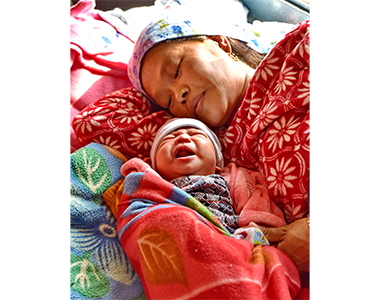
Implementing Respectful Maternity Care (RMC) Intervention to Improve Perinatal Mental Health
Several studies in low- and middle-income settings have shown that mistreatment and disrespectful care during childbirth is a major...
Learn More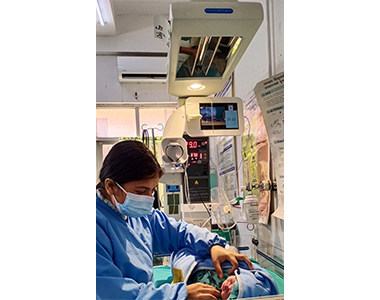
Improving Adherence to Neonatal Resuscitation Using Machine Learning at Quality Improvement Approach (Pre-MALA)
High quality neonatal resuscitation is a key to save newborn lives, prevent brain injury and optimize child development, yet...
Learn More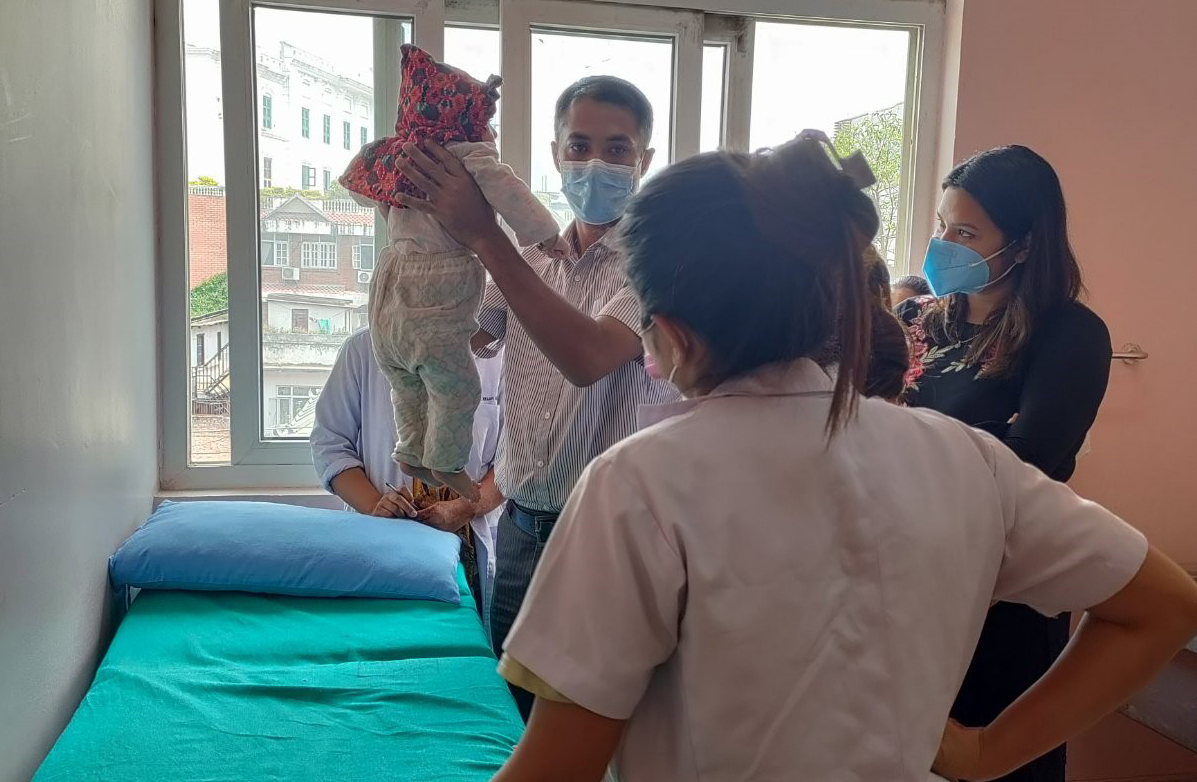
Feasibility of Remote General Movements Assessment (GMA) for Early Recognition and Rehabilitation of Cerebral Palsy in Nepal
Cerebral Palsy (CP) is a syndrome of non-progressive movement and posture disorder caused by damage to the developing brain...
Learn More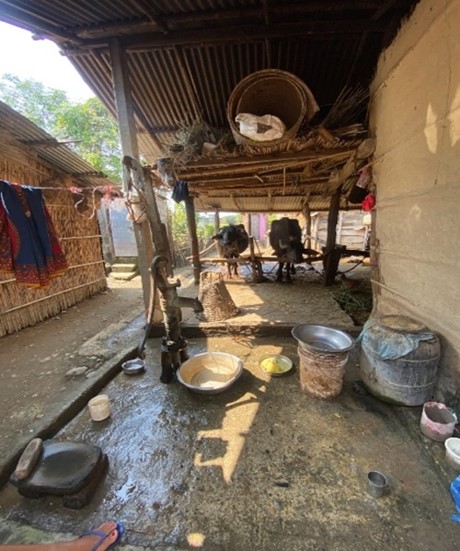
Navigating Food Insecurity During the Pandemic: The Role of Social Networks Among Pregnant Women in Nepal
Food insecurity is defined as a state in which an individual “lacks regular access to sufficient, safe and nutritious...
Learn More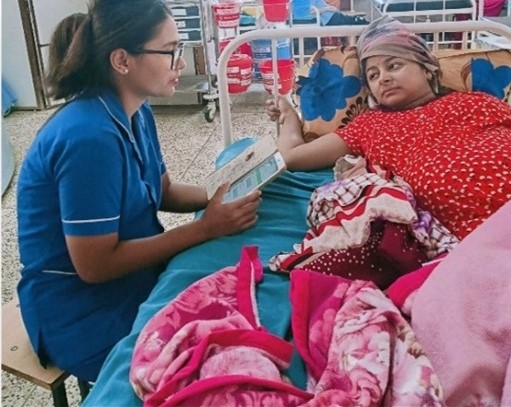
Investigating heat wave risk perception, vulnerability and adaptation among pregnant women
Over the past 15 years, Nepal has experienced a series of catastrophic weather events, with the Terai region emerging...
Learn More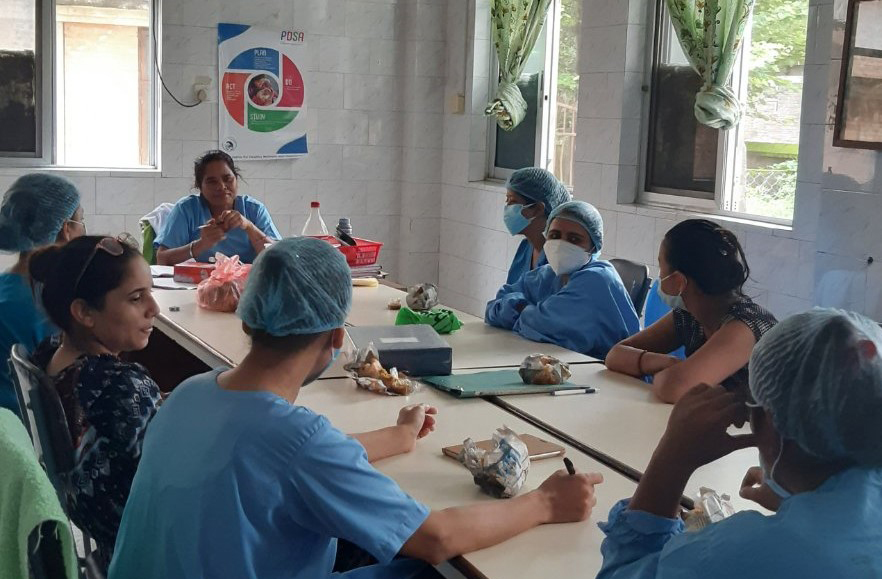
Scaling Up Safer Birth Bundle Through Quality Improvement in Nepal (SUSTAIN)
Golden community in collaboration with the Ministry of health and Population, Government of Nepal (GoN) and Uppsala University has...
Learn More